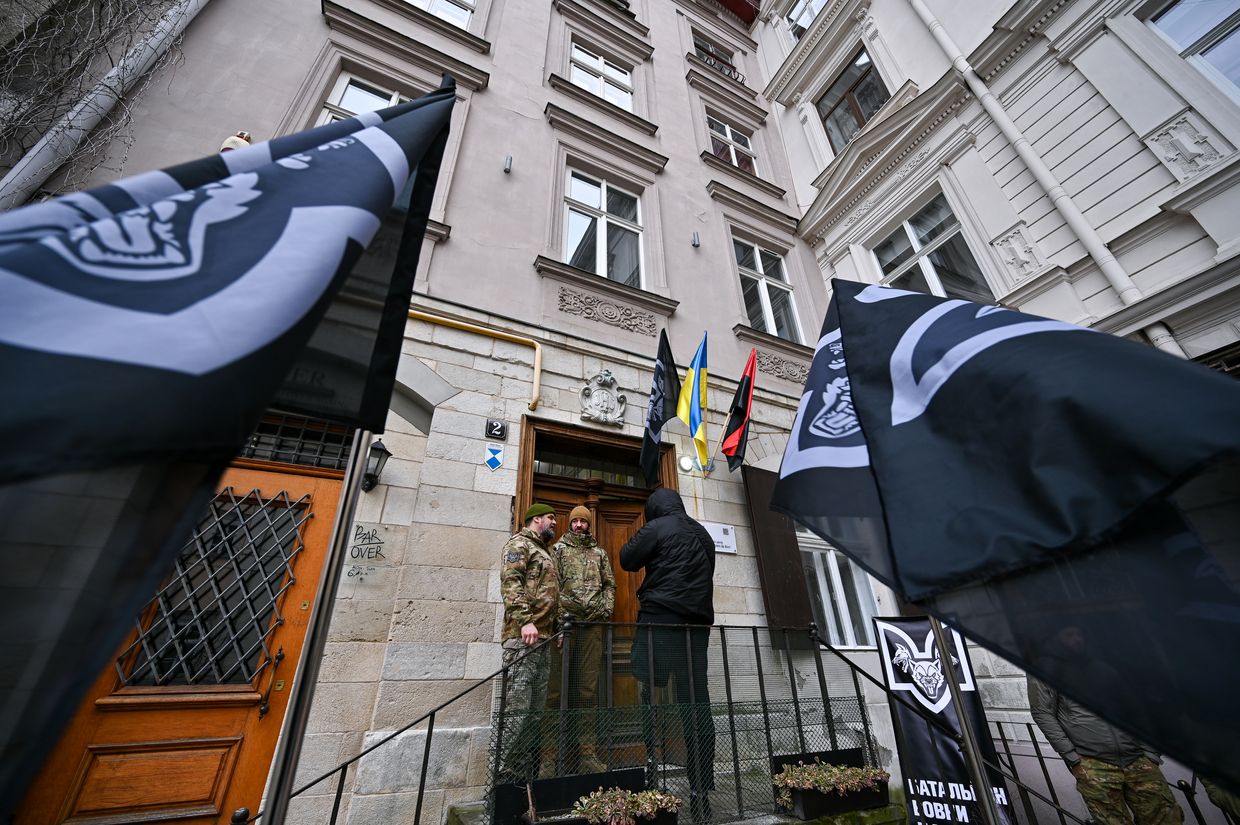Reuters: Ukrainian businesses fear new mobilization law could paralyze economy

Ukrainian business associations are calling for reforms to the country's new mobilization law, fearing that its draft policies could cripple an already-struggling domestic economy, Reuters reported on Feb. 19.
Mobilization has become a major topic of public debate in Ukraine as the all-out war with Russia continues to put pressure on the country's military.
Following a series of contentious rewrites, the newest version of the mobilization bill proposes to abolish mandatory conscription for all citizens aged 18-24. The government submitted this updated draft of the mobilization law to parliament on Jan. 30, more than two weeks after withdrawing its initial, controversial version.
"Business asks the parliament not to paralyze the country's economy with the new mobilization legislation," the European Business Association announced in a statement. "A balance is needed between the military front and the economy."
Ukrainian businesses are reportedly concerned that, among other things, the new law would undermine the country's export sector and lead to mass staff shortages due to certain provisions of the new draft process, including online call-ups.
The Ukrainian Business Council urged the removal of certain proposals that could hurt businesses already operating in "survival" mode.
The Council opposed provisions of the bill that allow the military to seize privately owned vehicles without meaningful oversight, as well as call-up notices being sent to citizens online. Additionally, companies that supply the armed forces should not have to lose all their staff to conscription.
"Do not adopt draft law No. 10449 in its current version without appropriate amendments. In addition, consider the possibility of an additional tool for the reservation of employees."
The updated bill will be submitted for its second and third reading later this month. Ukraine's parliament supported the updated bill in the first reading on Feb. 7, but lawmakers still have doubts about some of its legislative norms.
David Arakhamia, the head of President Volodymyr Zelensky's party in the Ukrainian parliament, announced the following day that a specialized committee would revise several norms of the updated bill on mobilization before its second reading.
According to Arakhamia, the final version of the bill will "balance the interests of the military command, business, and citizens."
To become law, bills must be passed by parliament in two readings, and signed by the president.












